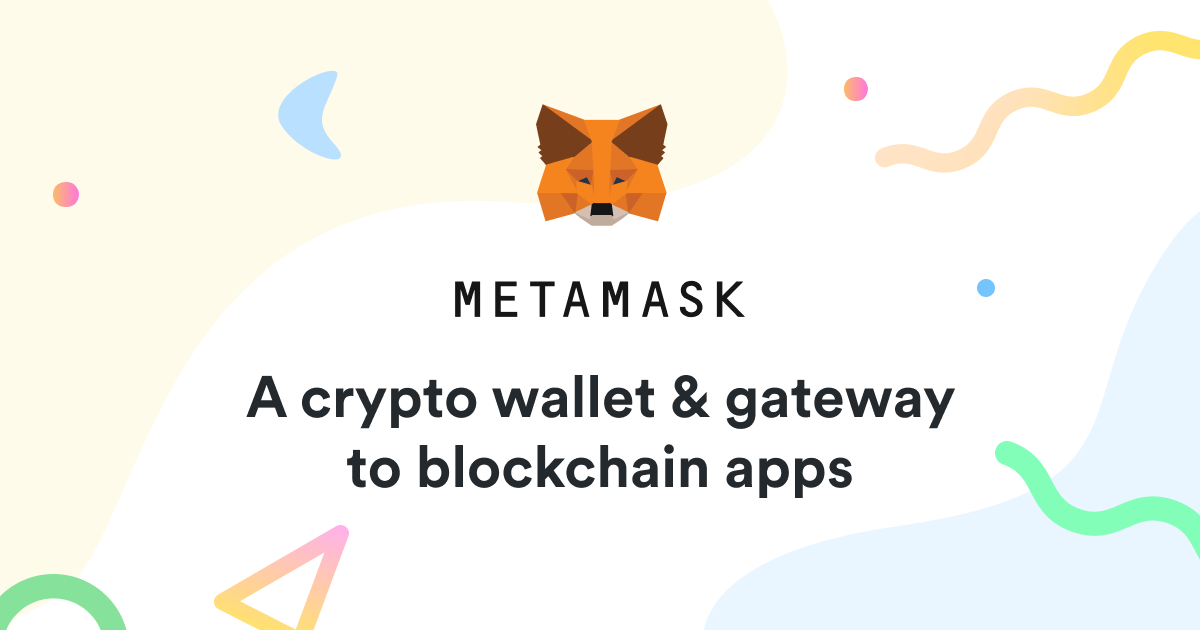Bitcoin, Cryptocurrency and E-Wallets

Bitcoin, Cryptocurrency and E-Wallets

Contrary to popular belief, cryptocurrency wallets do not actually store digital assets, but rather provide the tools to interact with the blockchain. In other words, these wallets can generate the information needed to send and receive digital currencies via blockchain transactions. Among other things, this information consists of one or more pairs of public and private keys.
The wallet also includes an address, which is an alphanumeric identifier that is generated based on public and private keys. This address, in essence, is a specific "location" on the blockchain to which coins can be sent. This means that you can share your address with others to receive money, but you should never disclose your private key to anyone.

A private key gives you access to your cryptocurrency, no matter what wallet you use. So even if your computer or smartphone gets hacked, you can still access your money from another device — as long as you still have the corresponding private key (or seed phrase). Note that coins never leave the blockchain, they are only transferred from one address to another.
The simple answer is yes, whether you are a regular trader or a holder of Bitcoin, you will need a wallet address to store and trade the cryptocurrency. You can use the hot wallets offered by the cryptocurrency exchange you use, a mobile wallet you install on your phone, a browser extension wallet, a desktop wallet, or hardware wallets, there are many, many options. Here are some examples of different types of portfolios:
2. Mobile Crypto Wallets: Trust Wallet, MetaMask Wallet.
3. Browser Extension Wallets: MetaMask Wallet, MathWallet Wallet, or Binance Chain Wallet.
4. Desktop wallets: Electrum wallet, Exodus wallet.

For browser extension wallets, MetaMask, MathWallet and Binance Chain wallet are good choices. And if you prefer a mobile experience, MetaMask, MathWallet, Trust Wallet and SafePal are now available for iOS and Android devices. They are decentralized wallets that store your private key on your device. SafePal also offers you a hardware wallet for offline storage, for anyone looking for the highest security standards. Other than the hardware wallet versions, all the wallets mentioned here are free.

MetaMask is a wallet with a browser extension and a mobile app, supporting the BSC Chain and other blockchains including Ethereum, Polygon, and Binance Chain. The prominent blockchain company ConsenSys developed the MetaMask wallet in 2016. For many years, the wallet was only available via a browser extension, so this extension remains the most popular product for this wallet.
The browser extension from MetaMask will allow you to transact, handle smart contracts, and connect to decentralized applications.
The Binance Chain Wallet is an official browser extension from Binance. Currently, the wallet supports Binance Chain, BSC, and Ethereum. But compared to the other wallets we're discussing here, the Binance Chain Wallet is the simplest. If you mainly keep your cryptocurrency on Binance but use decentralized apps from time to time, Wallet Direct might be useful for you.
Trust Wallet is an open source mobile app available for iOS and Android platforms. It is also the official Binance decentralized wallet and supports the most prominent blockchains Ethereum, BSC, Binance, and more. You will also have full access to your private keys via raw statements. The app has some built-in add-ons, including buying cryptocurrency with a credit or debit card, and a non-tradable token (NFT) wallet. The Android version also includes a browser for decentralized applications.
/GettyImages-912150322-c15bca437af049b7a69261bae266d82b.jpg)
MathWallet offers a browser extension for a cryptocurrency wallet, a web wallet, and an app for iOS and Android mobile devices. MathWallet supports nearly 40 different blockchains, and was one of the first wallets to support the BSC chain. Founded by the global MATH Foundation in 2017, the wallet has raised $12 million in a Series B funding led by Binance Labs.
And if you want to use the same wallet across multiple devices, MathWallet offers great flexibility. It makes it easy to switch between your mobile device, browser extension, and web wallet, depending on your needs.
